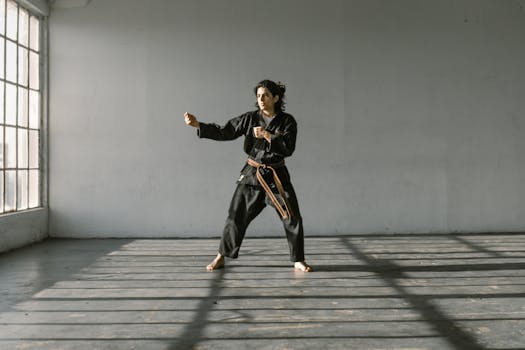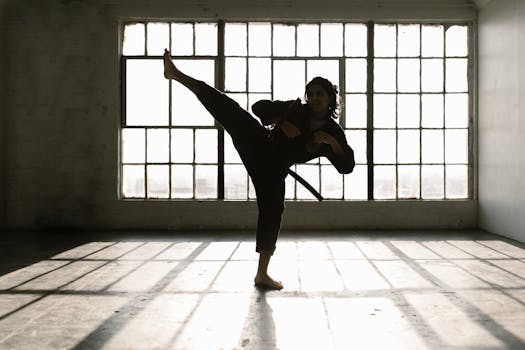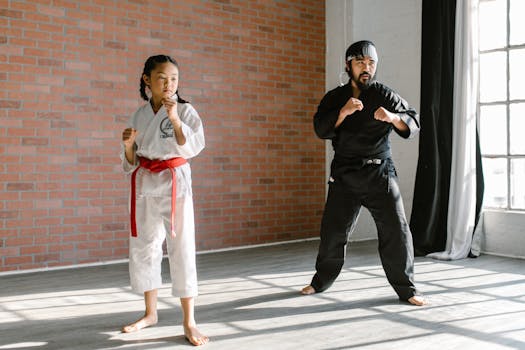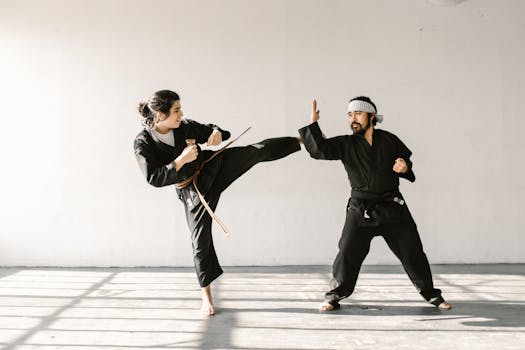The Impact of Fighting Style on UFC Match Outcomes
Introduction to UFC Fighting Styles
The Ultimate Fighting Championship (UFC) has become a prominent stage where diverse fighting styles converge and compete under unified rules. This mixed martial arts (MMA) platform showcases fighters who train in various disciplines, and the impact of their chosen fighting style significantly influences match outcomes. Understanding how different styles affect fights in the UFC can provide insights into the strategic aspects that often determine victory or defeat.
Overview of Main Fighting Styles in UFC
MMA incorporates techniques from multiple disciplines, making it a complex sport where fighters must be well-rounded. However, most fighters tend to favor one style based on their training background. The main styles seen in the UFC include Brazilian Jiu-Jitsu (BJJ), Wrestling, Muay Thai, Boxing, and Karate, among others.
Brazilian Jiu-Jitsu (BJJ)
BJJ focuses on ground fighting and submission holds, aiming to control the opponent leading to a submission. Fighters with a strong BJJ background, like Demian Maia or Charles Oliveira, tend to excel in ground control and submission victories.
Advantages:
- Effective in neutralizing stand-up fighters
- High rate of submissions
- Dominance when the fight is on the ground
- Less emphasis on striking
- Potential vulnerability against strong wrestlers
- Ability to control opponents and dictate the fight's location
- Effective in scoring takedowns and maintaining top position
- May lack submission finishes
- Strikers can pose challenges if takedown defenses are strong
- Powerful and diverse striking capabilities
- Effective in clinch fighting
- Potential vulnerabilities on the ground
- Risk of takedowns from wrestling-based fighters
- Superior hand speed and combinations
- Excellent footwork and evasion techniques
- Limited attack range—primarily upper body
- Possible weaknesses against leg kicks and ground attacks
- Unpredictable striking patterns
- Good at maintaining fighting distance
- Can struggle against aggressive pressure fighters
- May face difficulties with ground-based styles
Disadvantages:
Wrestling
Wrestling is pivotal in controlling where the fight takes place—standing or on the ground. Wrestlers like Khabib Nurmagomedov have used their skills to dictate the pace and position of the fight, overwhelming their opponents with superior positioning and control.
Advantages:
Disadvantages:
Muay Thai
Known as the "Art of Eight Limbs", Muay Thai utilizes punches, kicks, elbows, and knee strikes. Fighters like Valentina Shevchenko use Muay Thai to maintain distance and inflict significant damage through striking.
Advantages:
Disadvantages:
Boxing
Boxing focuses on punch strikes and movement. Boxers in UFC, such as Max Holloway, leverage their striking precision and footwork to outstrike their opponents.
Advantages:
Disadvantages:
Karate
Karate emphasizes speed, precision, and distance control. Fighters like Lyoto Machida have successfully incorporated karate, using its striking and evasive techniques to surprise opponents.
Advantages:
Disadvantages:
Practical Influence of Styles on UFC Outcomes
Historically, matches where style contrasts are pronounced tend to be the most unpredictable and exciting. For instance, the classic matchup between Conor McGregor (a striker with a background in boxing) and Khabib Nurmagomedov (a world-class wrestler) at UFC 229 highlighted how style matchups could determine the fight dynamics and outcome. Khabib's wrestling dominated McGregor's striking, leading to a submission victory.
Conclusion: Strategic Adaptability in UFC
The impact of fighting style on UFC match outcomes is profound. Fighters must continuously evolve and adapt their primary style to counteract the strengths and exploit the weaknesses of their opponents effectively. For aspiring fighters and fans, understanding these dynamics can enhance both training focus and viewing experience. For further insights and detailed fighter statistics, visiting official UFC resources or sports analysis websites can provide additional depth.
In conclusion, while a fighter's background plays a crucial role, flexibility and the ability to adapt within a fight are what truly define success in the UFC arena. Fans and practitioners alike should look at a fighter's ability to integrate various styles as a key indicator of potential success in the UFC.

.png)





